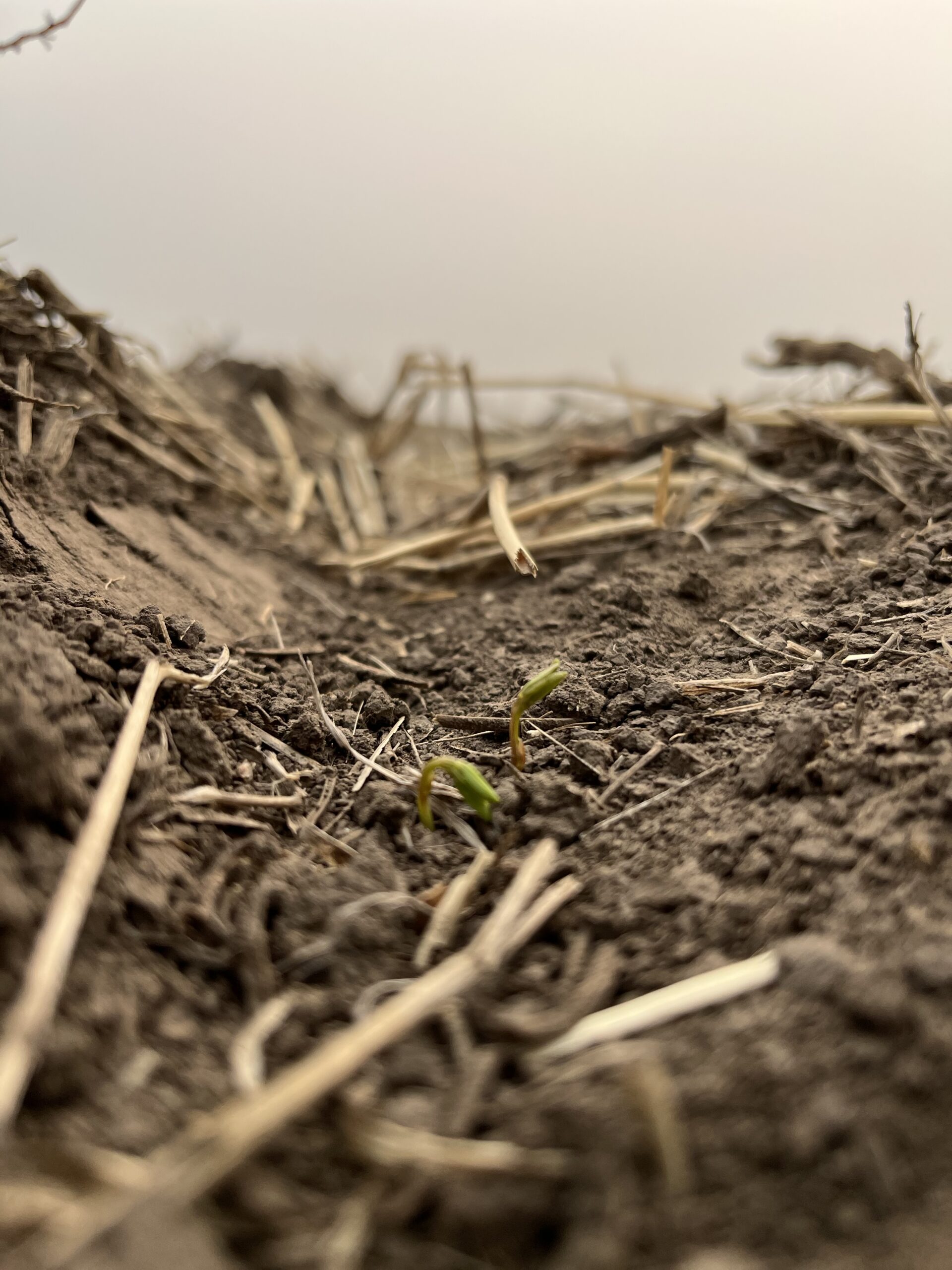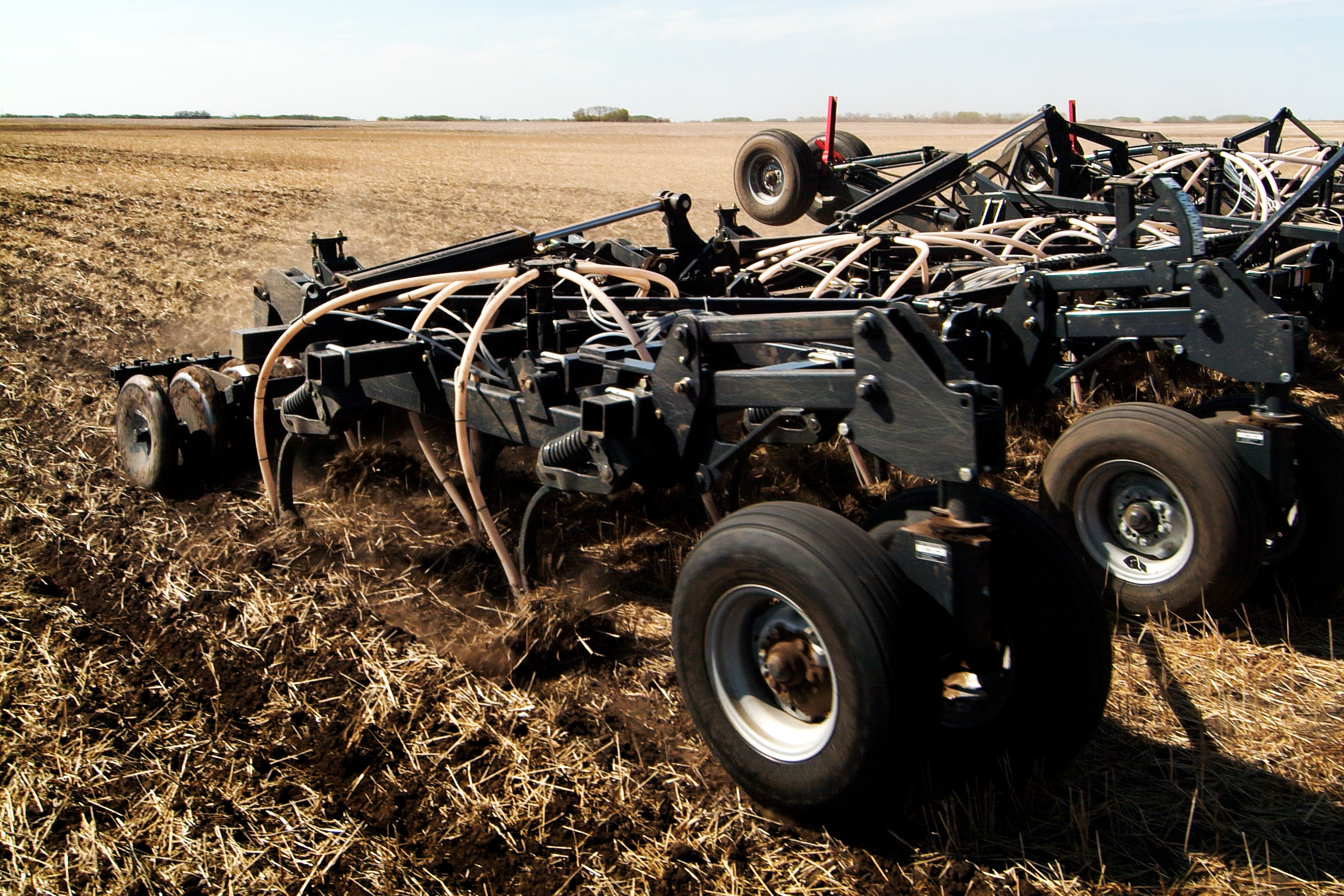Erin K. Gowriluk, Executive Director, Grain Growers of Canada
Saskatchewan Pulse Growers is a member of Grain Growers of Canada.
When it comes to farmer advocacy, the Business Risk Management (BRM) file is not a new one.
As long as I have been at Grain Growers of Canada (GGC), and surely, as long as GGC has existed, we have been working on ways to improve the programs intended to provide meaningful support when you need it most.
However, the conversation around risk management programming today looks a little different than it did even just a few months ago. For over a year now, GGC and our partners in Ottawa focused on seeing the funding levels to AgriStability restored to their pre-2013 levels. A return to overage starting at 85% of historical reference margins, along with the removal of Reference Margin Limits, seemed like an achievable and practical option.
That was pre-pandemic. Once that hit, our membership was less than enthusiastic when the Federal government announced a $252 million relief package for Canadian agriculture. It did what this type of support does. It provided ad hoc, short-term support but did not address GGC’s calls for improvements to AgriStability that would make the program more useful for farmers.
So, we shifted our approach. On March 20, we sent a letter to the Federal government and explained that the best response to the COVID-19 crisis would be to leverage an existing program, like AgriStability to provide support that is both targeted and meaningful. Why re-invent the wheel?
Unfortunately, when you ask for improvements to a program that our Federal and Provincial governments share responsibility for, we hit some roadblocks. Right now, the Federal government is so laser-focused on COVID-19 that they are hesitant to direct any funding, as necessary as it may be, to addressing challenges unrelated to the pandemic. Meanwhile, the response from the provinces was mixed.
In July, the Federal and Provincial agriculture ministers were also scheduled to meet in Guelph to address the sector’s most important priorities – including business risk management (BRM). In light of the pandemic, that was postponed. We recognized that this was a missed opportunity and expressed that to the ministers involved. In short, we simply cannot wait until October.
So, where do we go from here? Fortunately, our dedicated team has been working tirelessly on a go-forward strategy to ensure that BRM does not fall off the desk of decision makers.
Following the postponement of the Guelph meeting, we met with Deputy Prime Minister Chrystia Freeland’s team and requested that, in her role as Minister of Intergovernmental Affairs, she work with the Federal government and the provinces to try to establish consensus. We are taking our message as high up as we can go on behalf of you, our nation’s farmers.

This month we also appeared in front of the House of Commons Standing Committee on Agriculture and strongly reiterated the importance of restoring funding levels to AgriStability. We are following up to ensure that this message has been received – loud and clear.
As we continue to make these priorities known, we do have a way that you, our Saskatchewan members, can help.
As always with policy work, we are stronger with a united voice and we appreciate your support in this effort. If you would like to pitch in, a call, email, or tweet to your local MLA will not go unnoticed.
Thank you for your support and I look forward to keeping you updated on our progress with this file. On behalf of the GGC team, have a safe, happy, and healthy summer!
Published June 2020



